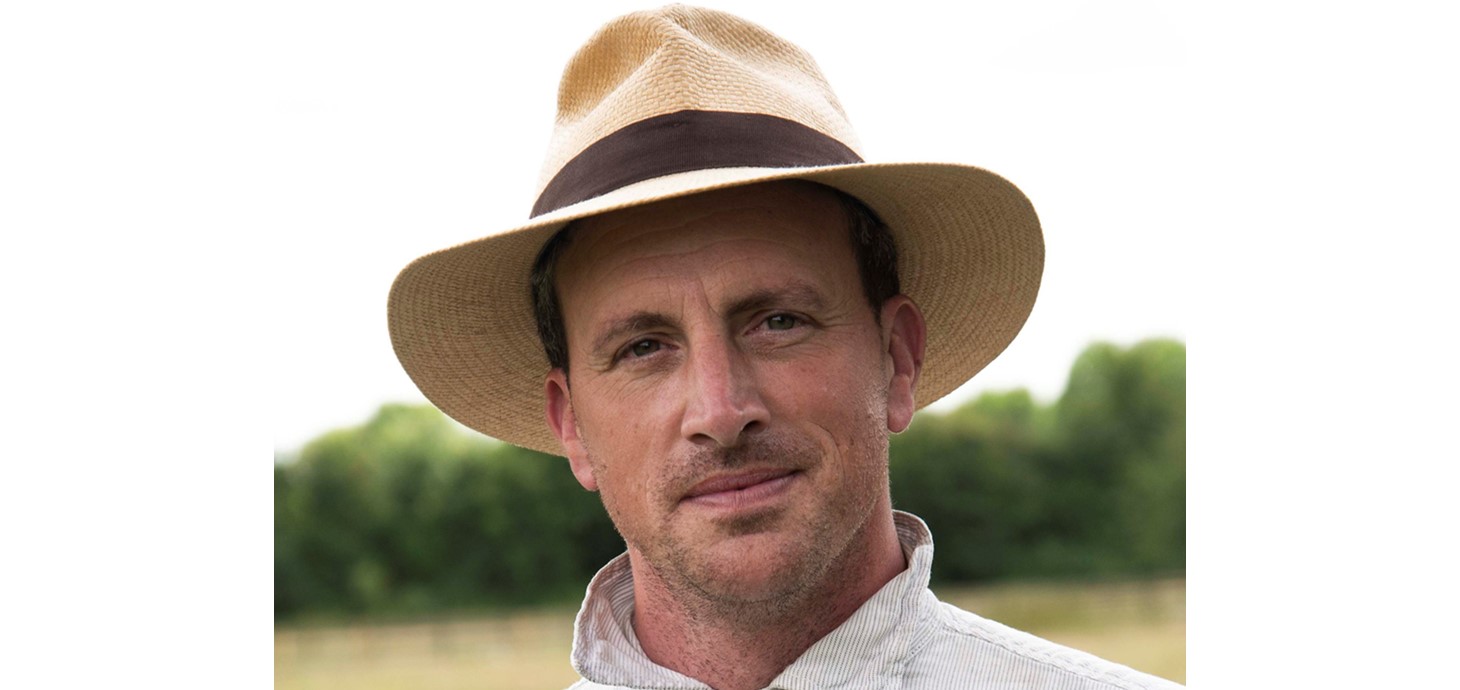
Dr Alexander Langlands.
Swansea University is one of five Higher Education Institutions across the UK to be awarded a Community Innovation Practitioner (CIP) Pilot by the Arts and Humanities Research Council (AHRC) Creative Communities programme, for a project that will explore ways to regenerate heritage sites in the region that will benefit communities now and in the future.
The CIP Pilot award will support the CIPs to work in collaboration with cross-sector partners to tackle shared challenges and opportunities faced by their local communities. The five research themes address the key pillars of the UK government levelling up agenda: education and skills, health and wellbeing, environment and climate, and civic identity and pride in place.
Dr Alexander Langlands, is Swansea University’s Faculty Humanities and Social Sciences’s award recipient for a project entitled Heritage at Risk: Creative Communities for Sustainable Powerful Places in De-industrialised south Wales’.
Dr Langlands will use the award to build on the work of the University’s Centre for Heritage and Research Training (CHART) which champions research, training and engagement activities with students, scholars and a wide variety of public and voluntary sector organisations.
CHART highlights how heritage – in buildings, landscapes and monuments – contribute to our sense of cultural identity and the centre explores ways to regenerate these sites in ways that benefit the entire community. This project will focus specifically on how communities can become active agents in the place-making agenda, working creatively with volunteers, third sector parties, enterprise, and government bodies, to seek ways to create meaningful public spaces and find sustainable solutions that improve the local community.
Dr Langlands said:
"Community engagement lies at the heart of successful place-making and this project provides an excellent opportunity for CHART to explore how historic buildings and heritage assets can play a central role in community-defined character, for well-being, place-attachment and civic pride."
Each CIP will generate a case study on their project, offering insight into the partnerships, processes and policies that shape and are shaped by the local communities they are working with. They will also work with a podcast producer to create a podcast capturing the voices of the people involved in their collaborative R&D. Learning from the pilot will inform a series of policy papers on culture, communities and levelling up by the programme in 2025.
Executive Chair of AHRC Christopher Smith is clear about AHRC’s commitment to diversifying collaborative R&D:
“Everyone everywhere should benefit from and have the opportunity to engage in R&D through creativity and culture at a local level no matter their location, means or background. And arts and humanities must continue to innovate in mechanisms of funding, in methods of knowledge and exchange, and in products and services which change people’s lives.”
AHRC Creative Communities Programme Director Professor Katy Shaw details the value of the CIP Pilot:
“The CIP pilot is a significant investment by AHRC that recognises the evidence provided by our report that shows how co-creation and collaboration are key to addressing the biggest challenges and opportunities facing our research ecosystem today. By building more inclusive models of innovation, and by opening the door to research for more people and in more places, we can diversify who does research, who benefits from its findings, and show how co-creation can catalyse our creative communities across the UK.”
Each of the five CIP recipients have been awarded £58k by the AHRC to host the CIP Pilot. The funding was secured by the AHRC Creative Communities Programme based at Northumbria University Newcastle, acquiring an additional £470,000 of investment, on top of a £1.3m award, to develop new knowledge about community and cross-sector partnership working in research and development.
